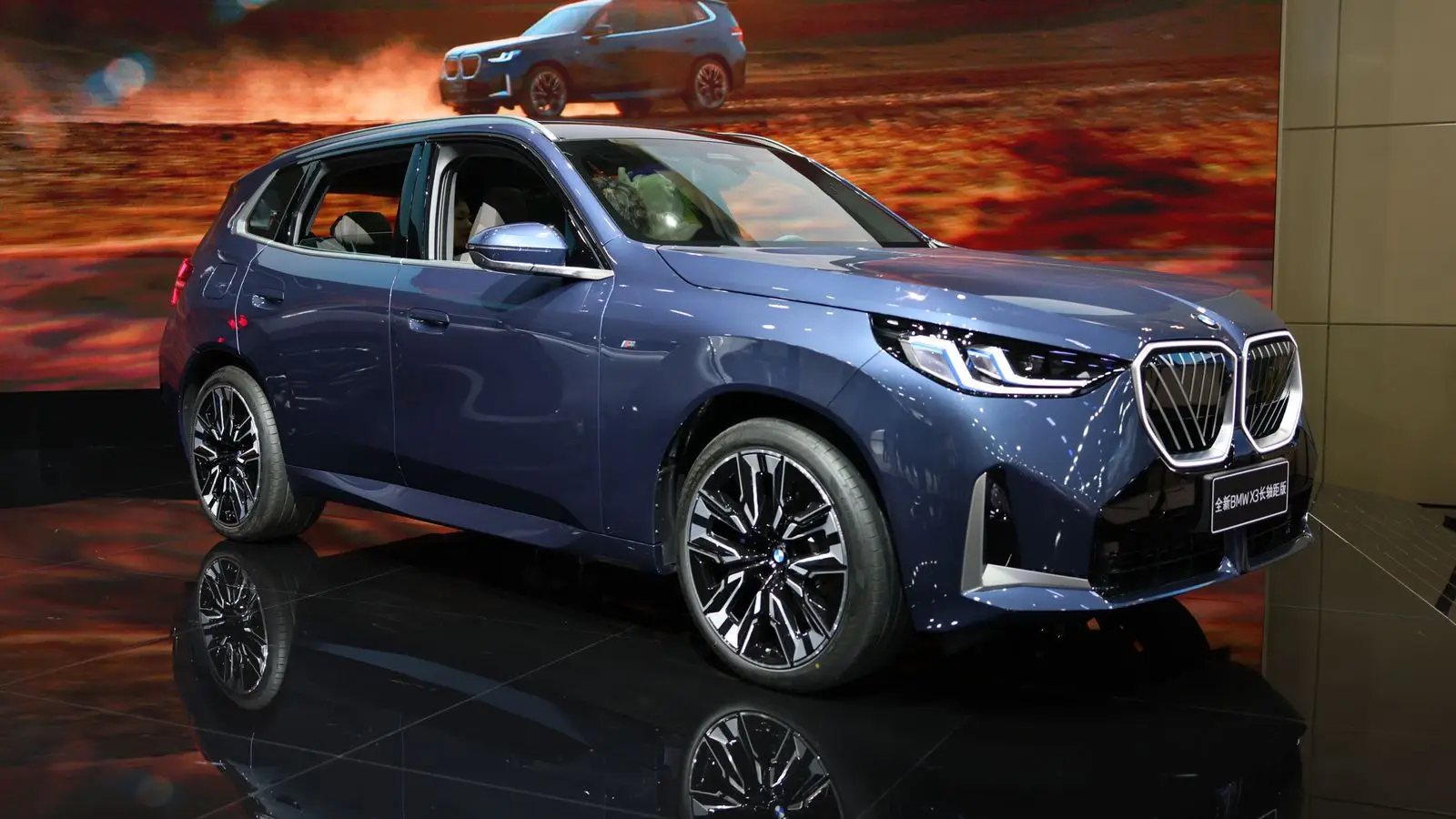SUVs Lead Worldwide, But Germany’s Sedans Endure

In 2024, SUVs took 54% of Europe’s market, dominating sales. Germany still values sedans in premium and corporate niches, driven by culture and tax policy.
In the global automotive landscape of recent years, buyers’ preferences have undergone a clear shift. In 2024, Europe set a record: SUVs accounted for 54% of all registrations, equal to 6.92 million vehicles. The majority were compact C-SUVs and small B-SUVs, while luxury SUV sales rose by 13%. The remaining segments—hatchbacks, sedans, and estates—held 41.5% but lost ground compared to the previous year.
In the United States, the trend is even more pronounced: four segments—compact and midsize utilities, subcompact SUVs, and full-size pickups—made up more than half of the market in 2025. Compact crossovers became the most popular, while pickup trucks maintained a strong share. Sedans, however, continue to attract younger buyers, especially Millennials and Gen Z.
The overall backdrop remains consistent: SUV demand keeps rising, but in several regions—particularly those with higher price sensitivity—interest in small and compact cars is strengthening.
Across Europe, each country adds its own flavor to the statistics. In Germany in 2024, the best-selling models were the VW Golf (hatchback), VW T-Roc, and Tiguan (SUV), reflecting both the resilience of the compact class and the continent’s ongoing “SUV-ization.” At the same time, sedans no longer dominate the mass market. Nevertheless, in premium and corporate segments, they still have a loyal audience.
There are several reasons for this. Autobahn culture, with around 70% of routes having no general speed limit, remains a symbol of freedom and national pride. On these roads, stability and high-speed comfort are highly valued—qualities that premium sedans are known for. Equally important is the corporate factor: Germany’s “1% rule” for company cars allows employees to use vehicles for personal purposes at a favorable tax rate. This often results in the choice of prestigious models, including sedans from leading German brands.
The UK presents a different picture: in the used car market in 2024, superminis led the way, with body type distribution in the second-hand segment remaining stable. In Japan, kei cars—mini-vehicles valued for their compactness and efficiency—still make up a significant portion of the market. The Indian market is growing, but no publicly available English-language data for 2024 body type shares has been found.
Chinese brands have also been gaining ground in Europe in 2025, with much of their lineup consisting of SUVs. This further fuels the segment and reshapes the competitive balance.
In conclusion, the global trend is clear: SUVs remain at the center of attention, but preferences are shaped by cultural, economic, and historical influences. Germany maintains a special relationship with sedans—not as a mass-market leader, but within niches where speed, status, and tradition are still highly valued.
Allen Garwin
2025, Aug 16 15:30


